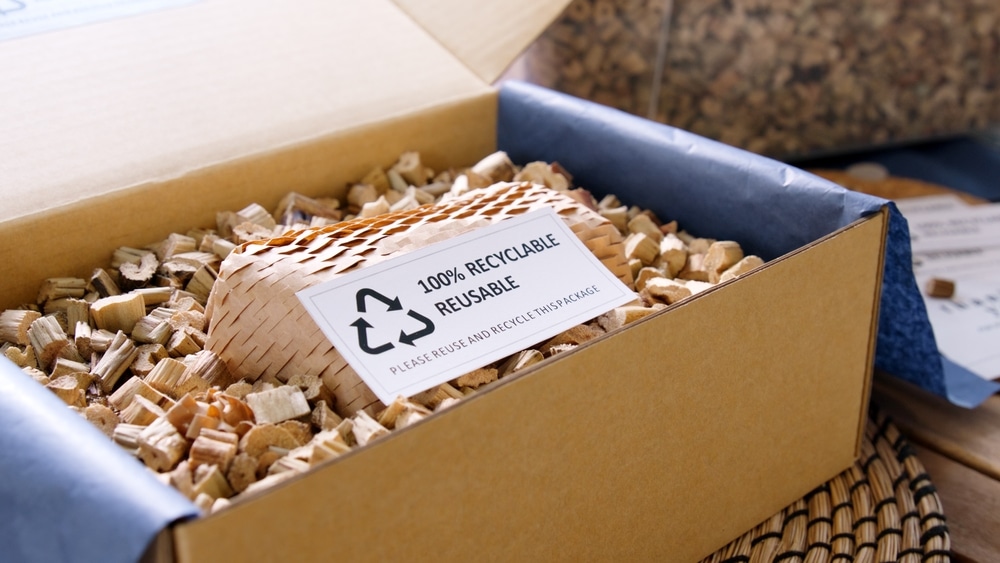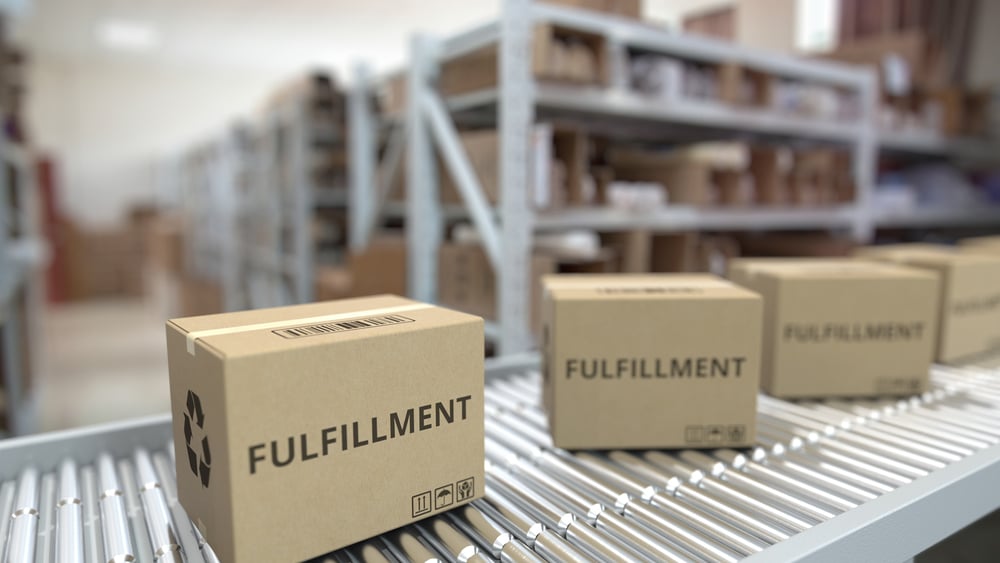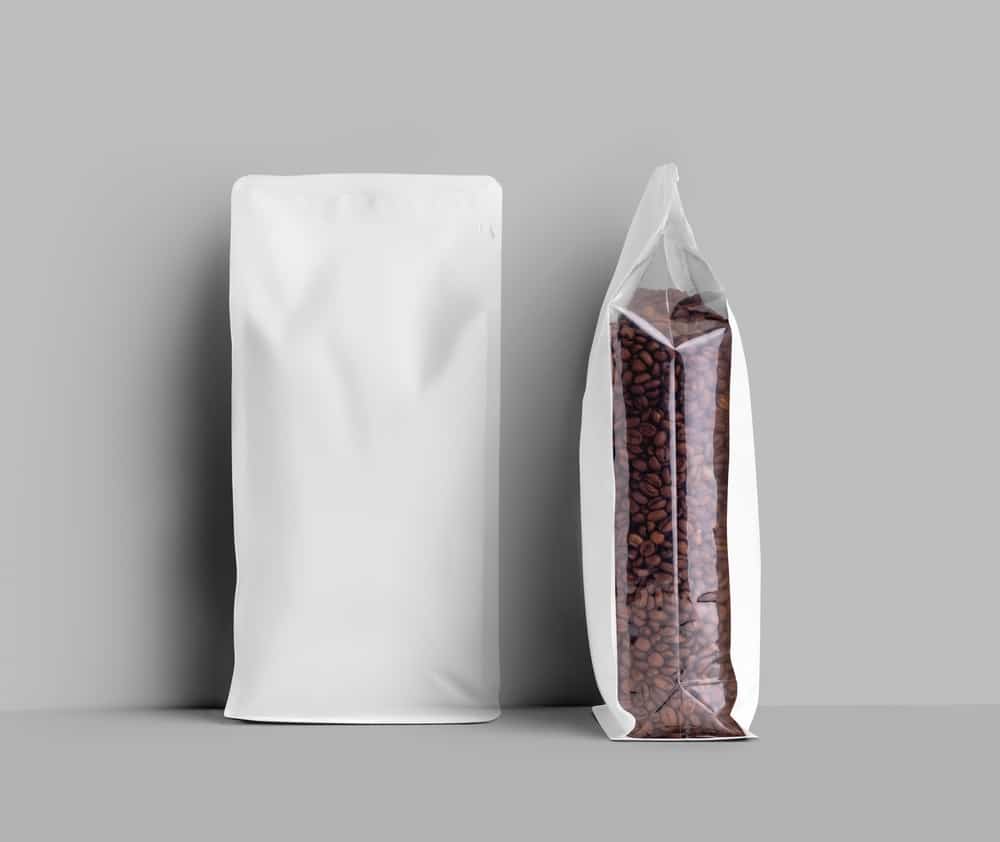In today’s rapidly changing world, sustainability has transformed from a mere buzzword into a critical business imperative. The shift towards more eco-friendly practices is not just a trend but a necessary evolution in how companies operate, especially when it comes to product packaging. The importance of sustainable packaging extends beyond the obvious environmental benefits; it plays a significant role in how consumers perceive a brand. With a growing consciousness about the impact of their purchases on the planet, consumers are increasingly favoring brands that demonstrate a commitment to reducing their ecological footprint. This evolving consumer preference makes it essential for businesses to reevaluate their packaging strategies, not only to align with environmental goals but also to maintain competitiveness in the marketplace. Adopting sustainable packaging solutions signals to customers that a company is forward-thinking, responsible, and aligned with their values. This shift not only aids in the preservation of natural resources and the reduction of waste but also enhances brand loyalty and trust. In essence, making a move towards more sustainable product packaging is an investment in the future—of both the planet and the business.
In this blog, we’ll discuss some practical steps that businesses can take to make their product packaging more sustainable.
Choose Sustainable Materials
This step may seem like an obvious one, but it should be stated regardless. Choosing sustainable materials for product packaging goes beyond selecting eco-friendly options; it involves a comprehensive appreciation of the lifecycle impact of those materials. It’s about understanding that the materials used not only need to be less harmful to the environment at the end of their life but should also be sourced in a way that minimizes negative impacts on ecosystems and communities. This choice demands a balance between functionality, aesthetics, and environmental responsibility, aiming for materials that meet the product’s needs while also aligning with the company’s sustainability goals. It’s a critical decision that reflects a brand’s commitment to not just serve its customers, but also protect the planet.
Reduce Waste By Avoiding Unnecessary Packaging
One of the most impactful but often overlooked strategies to enhance sustainability is stripping away any superfluous elements in product packaging. Companies frequently encase their products in multiple layers of packaging or embellish them with ornamental features that have no practical function, inadvertently contributing to the waste problem. Simplifying packaging by removing these unnecessary components not only addresses the issue of waste head-on but also embodies a minimalist approach that is increasingly appreciated by consumers. This simplification process not only makes recycling easier but also reflects a brand’s commitment to environmental stewardship, potentially boosting consumer perception and loyalty.
Opt For Multi-Use Packaging When Possible
Considering a design that allows packaging to have a second life can significantly amplify its sustainability. Encourage customers to repurpose packaging by creating versatile, sturdy designs that can be reused in the home or office. For example, durable containers can become plant pots, storage solutions, or decorative pieces. This approach not only extends the life cycle of the packaging but also instills in consumers the practice of reusing, reducing the demand for single-use products and fostering a culture of sustainability.
Reduce The Size Of Your Packaging
Minimizing the size of your product packaging can have a profound impact on sustainability efforts. By reducing the dimensions and volume, not only does it demand less material for production, but it also improves efficiency in transportation. Smaller packaging means more items can be transported in a single trip, significantly lowering carbon emissions associated with logistics. This step also addresses consumer concerns about the wastefulness of oversized packaging, enhancing the brand’s image as environmentally responsible. Companies should meticulously consider the product-to-packaging ratio, striving for a balance that ensures safety and attractiveness without excess material, demonstrating a tangible commitment to decreasing their environmental impact.
MMCP Can Help You Along The Way
Maple Mountain Co-Packers (MMCP) is dedicated to helping businesses with sustainable product packaging solutions. As a contract manufacturer and packager, MMCP offers an extensive range of environmentally responsible packaging options for various product categories. With years of experience in the industry, MMCP can assist businesses in finding the right balance between functionality, aesthetics, and sustainability. Contact us today to learn more about our services and how we can help you make your product packaging more sustainable.









